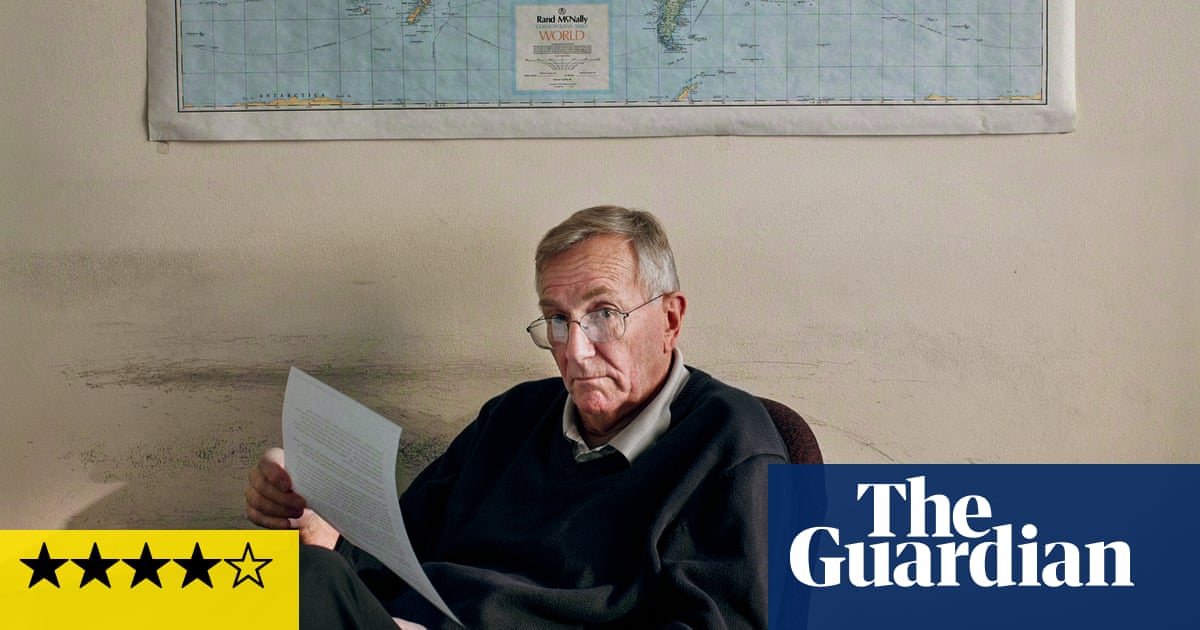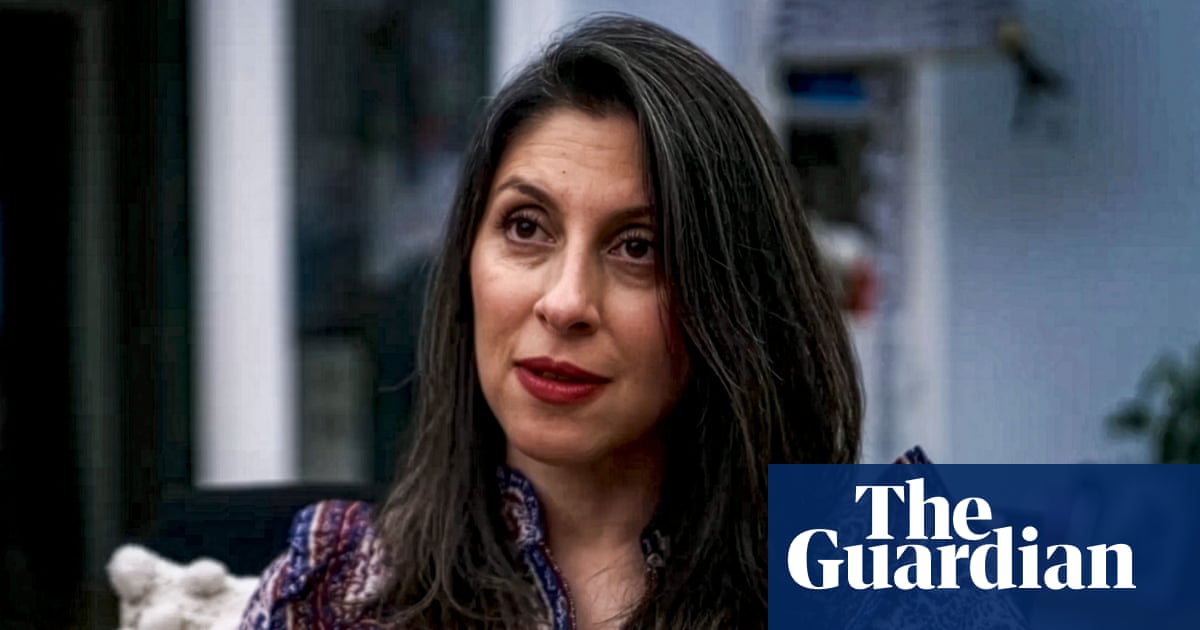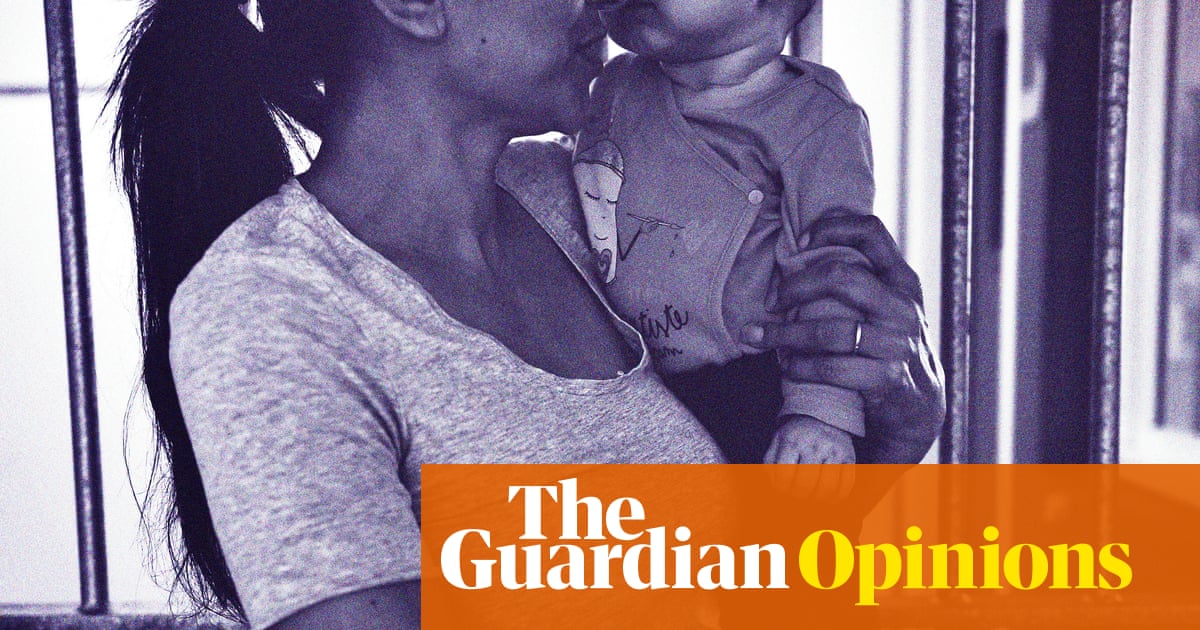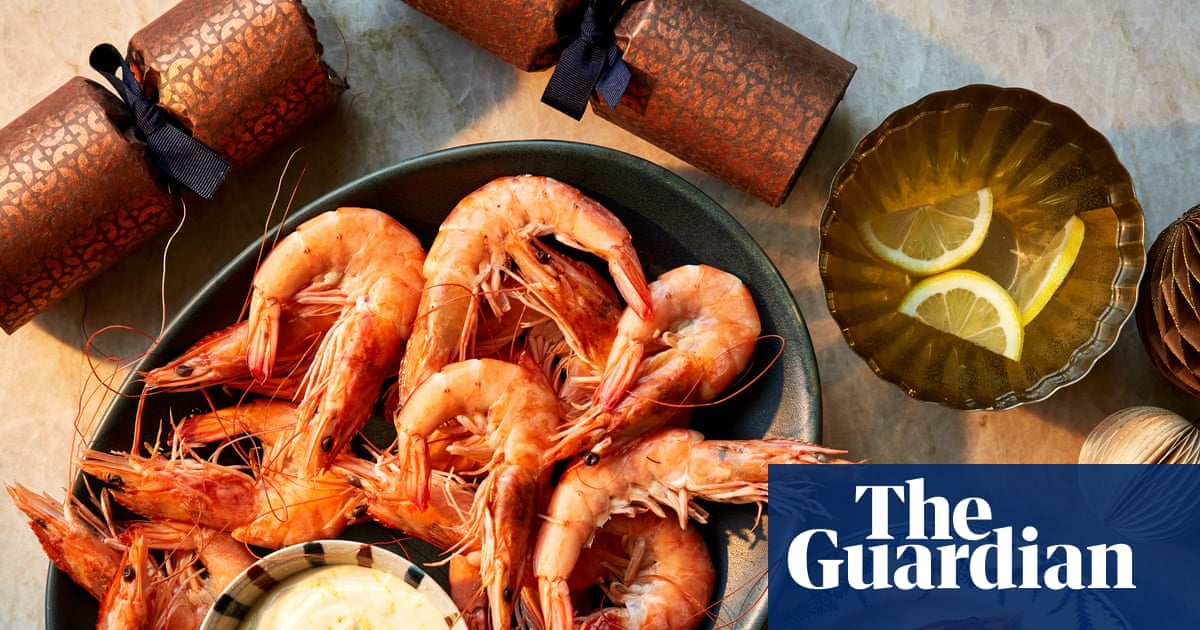British consumers are looking to treat themselves with an alternative to dining out despite a squeeze on household finances, according to the food entrepreneur Charlie Bigham who is launching luxurious ready meals costing up to £29.95.
The supermarket supplier is selling a new five-option range, which includes a venison bourguignon made with wild-caught venison from the Scottish Highlands, in an attempt to snare consumers saving on the cost of a night out.
It puts the company in competition with cafes and restaurants, which have been forced to put up prices as costs such as labour, energy and tax soar.
“If you go out to a restaurant or a gastropub or whatever, you might notice at the end of the meal that the bill seems to have crept up quite a lot,” says Bigham.
He said Britons had become accustomed in recent decades to dining out regularly, whether it was a “date night” or “sitting down with someone else and having a good chat”. His idea is to “create the opportunity for people to do that at home with real top-notch food.”
Bigham launched his eponymous food business from his kitchen table in 1996. The company is sold in supermarkets including Waitrose and Tesco, and its founder appears in its TV adverts in animated form.
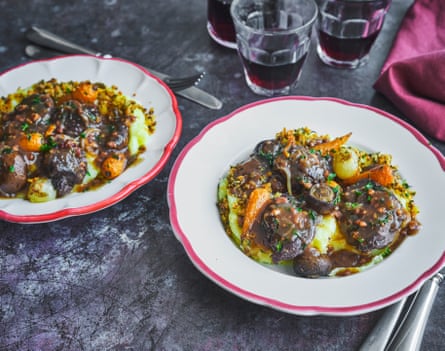
The range, which has been a year in development, will initially launch in 70 Waitrose stores this week, with some meals costing triple the £9.95 typically charged for its bestselling fish pie. “It’s fairly and squarely aimed at that weekend occasion,” he said.
“I can safely say that our food is better than a slightly soggy takeaway pizza and far more nutritious and far better for you.”
He suggested the range, which also includes duck confit and salmon wellington filled with a sashimi-grade fillet, could be “spot on for some Christmas celebrations” and if the range is well received there could be more options on the way.
Bigham said the squeeze on household budgets had been “slightly overstated” and certain consumers, who have had recent pay rises, had more money to spend.
The chancellor, Rachel Reeves, has struggled to get the economy moving quickly this year, and consumers have faced rising grocery prices and high energy bills, putting pressure on spending.
Bigham said: “We’re talking ourselves into everybody feeling poorer, and actually, the facts would suggest maybe otherwise.”
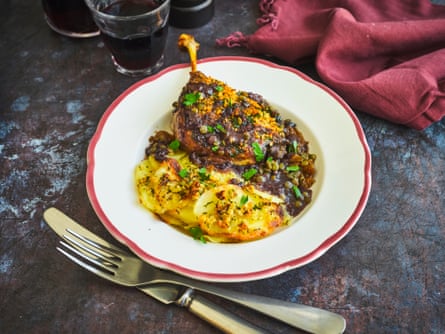
Speaking over video call from his colourful living room, Bigham said UK consumers were “waking up to the fact that making food cheaper has consequences” both for the environment and health. “Facing into these issues does cost a bit more but it’s worth it,” he said.
“I’m not one of those doom and gloom merchants. I know awful things are happening in the world and we are in an unpredictable place but luckily we have the joy of food.”
after newsletter promotion
Bigham’s sales indicate that treats are not off the menu. Sales rose 8.8% to £144.3m in the year to 31 August 2024, when pre-tax profits rose more than a third to £7.7m. Shareholders led by Bigham himself paid themselves a £2.3m dividend, up from £2m a year earlier.
In the year to the end of August 2025, growth has been stronger again with sales up more than 14%.
“There’s still lots of people who’ve never tried our food. So we’re in the foothills,” Bigham said. In times of instability shoppers wanted value for money and that could take many forms, he added.
Bigham was coy about whether the brand would have to put up prices again – amid rising meat, fish, labour and packaging costs, but said: “We hate putting prices up, because consumers don’t like it. However, if our costs go up, then we kind of have a choice: we can either … salami the quality off a bit and say, let’s scrimp and save, or we have to pass on those increases.”
New taxes on packaging have hit the business, which uses eco-friendly wood-based cartons that are compostable rather than recyclable.
However, he is supportive of the idea in general, saying businesses were thinking “very carefully” about how to use recyclable materials.
On wider taxes, Bigham said businesses recognised Reeves had a financial hole that needed to be filled and the main fear before the 26 November budget was that the government “might choose the wrong taxes to put up”.
Bigham, 58, is annoyed about changes to inheritance tax on family businesses. He said “these businesses are the engine of growth in the economy” and were facing a tax that does not apply to corporate equivalents.
Bigham, who has four children, said last year he had no plans to sell up or cede control of the business.

.png) 1 month ago
44
1 month ago
44










